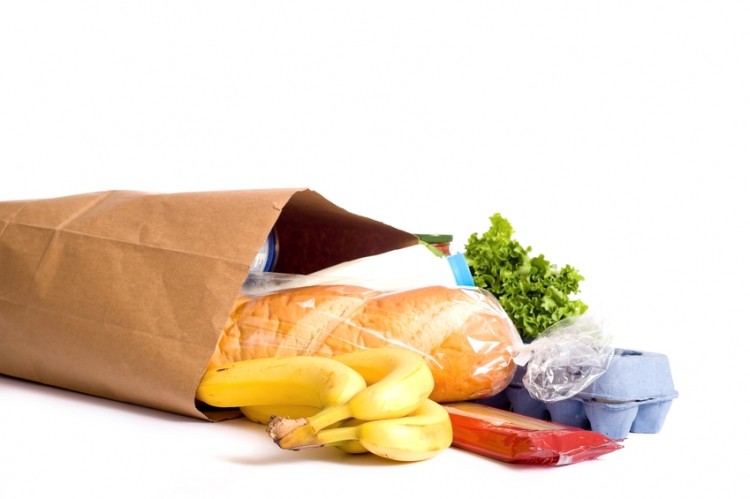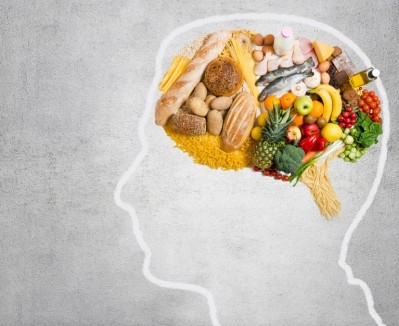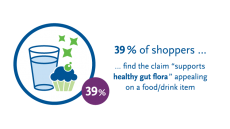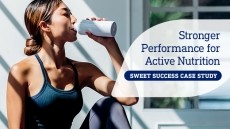Dutch success on salt reduction overshadowed by sugar and fat fails

The study, commissioned by the Ministry of Health, Welfare and Sports (RIVM), found that the salt content in bread in 2016 was on average 19% lower than in 2011. Certain savoury sauces, soups, tinned vegetables and pulses and chips had between 12 and 26% less salt for the same period.
However, the average saturated fat content in most product types remained "virtually unchanged", according to the Nutrition Centre (Voedingcentruum). Some reductions were made for a few products while for others the saturated fat content increased, jumping by about 15% in ground beef and bratwurst and by 24% and 21% in shortbread and stroopwafels.
Meanwhile, there was no significant decrease in sugar content for any product tested between 2011 and 2016, the report said. There were a few increases in sugar content although these were not statistically significant.
The full report (in Dutch) can be downloaded here.
Voluntary reformulation
Since 2014, the Netherlands has been carrying out a reformulation programme - the Agreement on Product Improvement - aims to improve the nation's health by cutting salt, sugar and fat levels across a range of products. It is scheduled to run until 2020.
The agreement, signed by the Federation of the Dutch Food Industry (FNLI), the Dutch Food Retail Organisation (CBL) and the Ministry of Health as well as catering associations, is monitored by RIVM based, in part, on industry-reported compliance.
The country’s consumer rights group, Consumentenbond, said the results showed a more intensive approach was needed to cutting out sugar, salt and saturated fat and making food healthier.“There are some small improvements in salt content, but no significant declines measured in saturated fat and sugar,” said Consumentenbond.
It called on the minister of health to Edith Schippers to follow the reformulation programmes in the UK and to make binding the decisions of the independent Scientific Advisory Committee (SAC).
Industry watchdog FoodWatch said: “Voluntary measures on sugar and fat are failing in the Netherlands. RIVM concludes what Foodwatch already concluded a long time ago: self-regulation of the food industry fails. The food industry is not supposed to watch over public health, this is a task of the government."
However, the FNLI it saw the results as a success.
A spokesperson told FoodNavigator: "The FNLI is actually quite pleased to note that the various publications from last week regarding the levels of salt (sodium), saturated fat and sugars in food and drink confirmed the results that were expected through industry action on reformulation.
"Saturated fats were target of an earlier industry initiated reformulation campaign over ten years ago which provided excellent results up to 2010. This campaign also brought trans fat down to levels that were recommended by the Dutch Health Authorities. Industry concluded nevertheless that intake of saturated fats was still above recommended levels, it was decided to include them as part of the 2014 Agreement. However, results could not be expected to be found in monitoring reports as reductions are still taking place and the impact of new agreed levels can only be measured later.
"With regard to sugars the situation is a bit more complex: sugars are only part of the Agreement in so far a Calorie reduction is concerned, thus focussing both on reducing total fat and sugarsv
"The reports demonstrate clearly the effectiveness of voluntary agreements. It is indeed a matter of time to see the depth and width of the impact of reformulation in different product categories. The agreement runs until 2020 and the industry is confident that the agreed targets will be met."
A progress report published in October last year on the Agreement on Product Improvement for salt. Despite reductions for several categories, RIVM said salt intake was “well above” the maximum recommended level of 6 g per day with half of the men surveyed consuming more than 9.7 g per day and half of the women consuming over 7.4 g per day.























